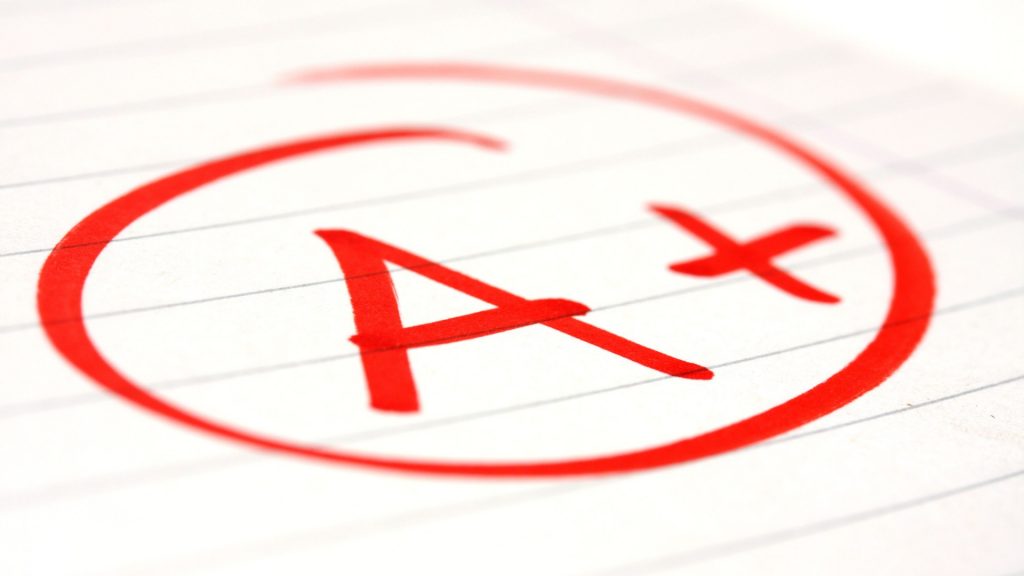Chicago School Switching To Race-Based Grading
Another student is changing the way it hands out letter grades to students, implementing a race based grading system that supports equity.

A public high school in Chicago will grade students based on their race in order to advance “equity.” The race based grading system is slated to go into effect in all courses by the fall of 2023. Oak Park And River City High School (OPRF) calls their new system, “Transformative Education Professional Development & Grading.”
This plan was brought before the school board at their May 26th meeting. Designed to discontinue the “achievement gap” and remove “inequities,” many students and parents are wondering how grading academic achievement based on the color of one’s skin instead of their progress will help children learn more. This is especially concerning being that 38% of OPRF sophomores recently failed the SAT (Scholastic Aptitude Test). Race based grading will not stop failing students from having difficulties understanding outside test information or college courses. The only thing it is projected to do is improve the school’s student achievement statistics, which would be based on biased information skewed to offer the appearance of success instead of actually graduating students with more knowledge.
This race based grading measure may appease data-based federal education standards, and even Illinois state requirements, but those who oppose these measures note that it demeans minority students by implying that they cannot achieve success without preferential treatment. In addition, the specific language used in the new school policy is vague and highly focused on equity — the practice of ensuring that everyone gets the same results no matter how hard they work — but the texts that have led to this new policy are highly controversial. The first book listed, “Grading For Equity” is a best-selling title that offers many generalizations and little to no research on the actual outcome of grading students based on varying factors instead of a standard baseline. “Give Set Go,” was also recommended to encourage ongoing discussions. Despite this, that text focuses mainly on report card formats than actual effective classroom measures that better engage students and improve minority relations in public education. These “guides” are supported by educators and politicians who are seeking more race-based grading techniques in the classroom.
In addition, the OPRF’s new plan following race based grading also states that it intends to remove zeros from grade books, much like California has done by removing the ability to give students failing grades. New York is also implementing new strategies to improve student success rates without improving their education level, which removes teachers’ ability to penalize students for skipping school or turning in late work. In Washington, one district will discipline students based on their race, and the supreme court already rejected one case that challenged a school’s race-based admissions process. All of these efforts are focused on “equity” and racially centered ideologies that hold little to no potential for future growth.

Students who work hard to earn their grades gain knowledge and experience as they show up and do the work. Those who do not may now receive the same grade in the name of “equity,” or any other modern buzz word, at Oak Park And River City High School but they will not gain the proper understanding of the subjects that they “pass.” As more public schools promote these forms of “education” via race based grading policies, parents and students are wondering if the education system is still focused on teaching and expanding minds or if they are mainly working to improve data as a means to continue receiving funding without cause.



